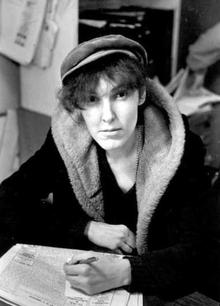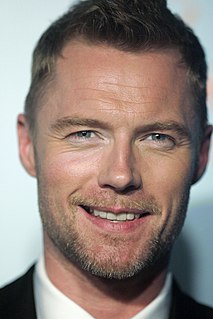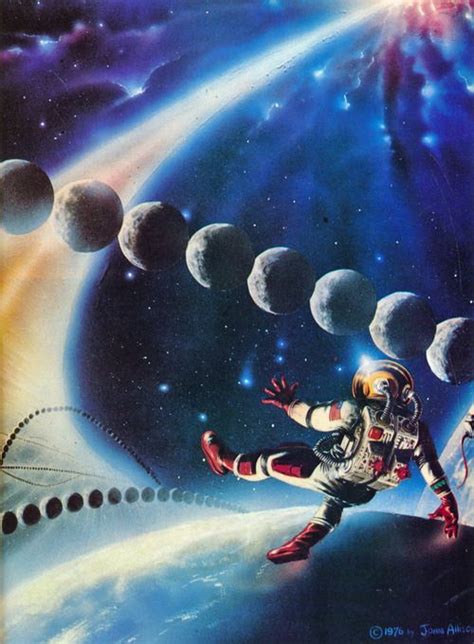A Quote by Geena Davis
The ratio of male to female characters in movies has been exactly the same since 1946. So if you've ever had people say, you know, "It's better now, it's all changed, it's all different," it's not, it hasn't. Not yet.
Related Quotes
My whole theory about why I couldn’t find any creators who realized they were leaving out female characters is because they were raised on the same ratio. I just heard someone the other day call it either ‘smurfing’ a movie, which is when there’s one female character, or ‘minioning’ a movie, which is when there’s no female characters.
I think the superhero platform gives the female character, you know, a relate-ability for the male audience as well. So, I think that's why people are kinda gravitating towards female super hero characters, and also female characters in general as big parts of the film. So, that's great for us, female actors who want to do roles like that, which is really great.
I'm drawn to real-life characters. A lot of the characters I play, I've had in me since second grade. I've been dragging them around my entire life, and then sometimes I marry them with different people. But seldom have I really come up with a new character. In my head it's like, "I'll pull that person out that I've been doing since sixth grade and see where they're at right now.".
With a historical novel you know that liberties are being taken. Since Walter Scott, we know that poetic license, dramatic license, that events been conflated and that liberties have been taken, characters ditto, dates rearranged. But people don't seem to understand that movies are fictions, they are dramatizations, at least historical movies, and we should accord the moviemakers some of the same understanding and latitude. When you go to a movie you know it's a dramatization and not history.
There's still sexism in the world, so there's still sexism in publishing and in graduate school. But it is different. Now, it's more coded and harder to detect. It was more explicit when I was in school. There were no rules against male professors asking out female students. The reverse didn't happen since female professors were rare or nonexistent. Visiting writers came, 90% of them male, and some expected that a female student would materialize as his date for the visit.
In ancient times, people weren't just male or female, but one of three types: male/male, male/female, female/female. In other words, each person was made out of the components of two people. Everyone was happy with this arrangement and never really gave it much a thought. But then God took a knife and cut everybody in half, right down the middle. So after that the world was divided just into male and female, the upshot being that people spend their time running around trying to locate their missing other half.
The male dares to be different to the degree that he accepts his passivity and his desire to be female, his fagginess. The farthest out male is the dragqueen, but he, although different from most men, is exactly like all other dragqueens; like the functionalist, he has an identity - a female; he tries to define all his troubles away - but still no individuality. Not completely convinced that he's a woman, highly insecure about being sufficiently female, he conforms compulsively to the man-made feminine stereotype, ending up as nothing but a bundle of stilted mannerisms.

































